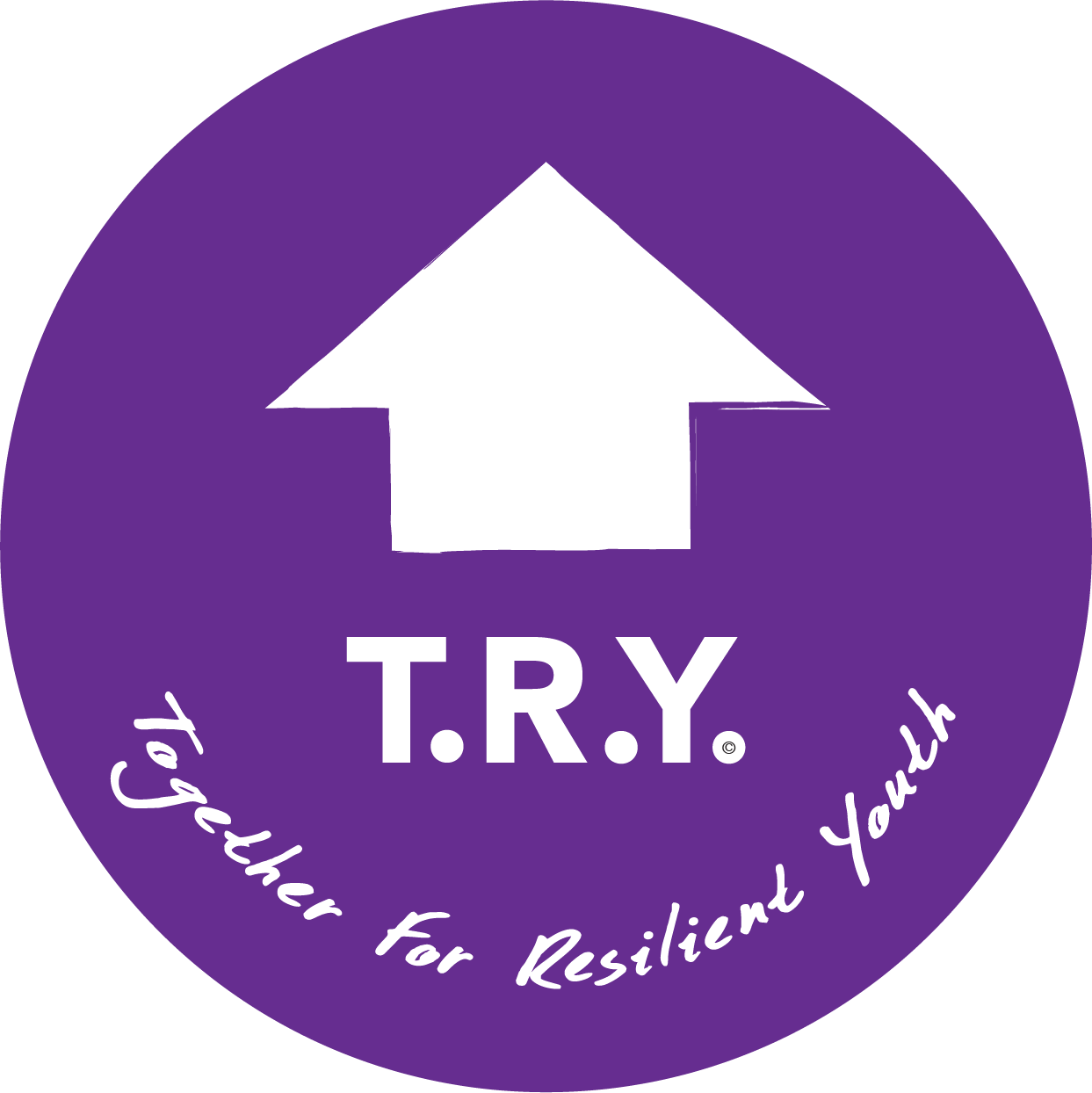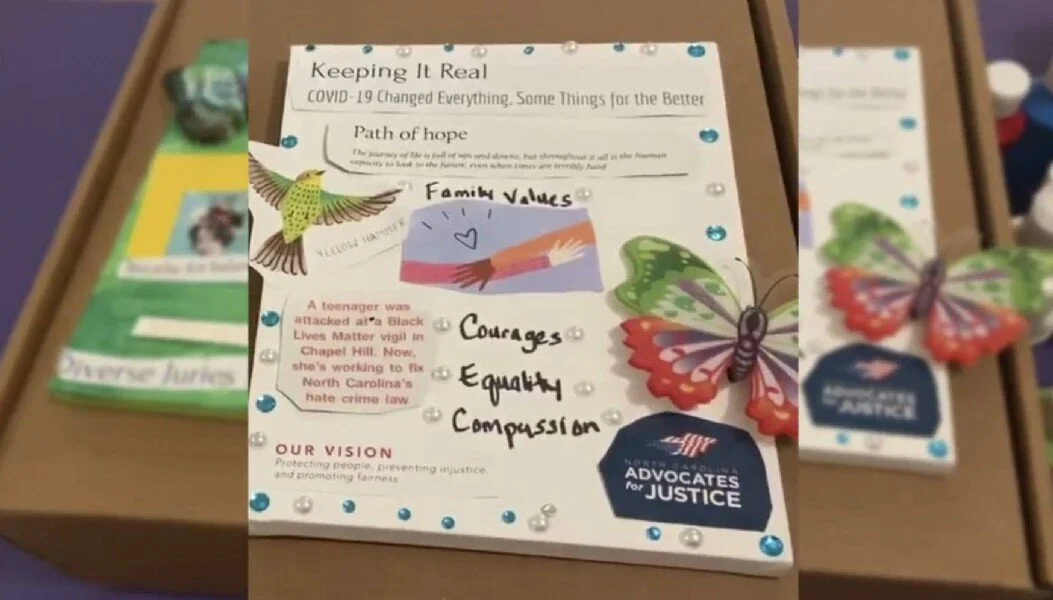
T.R.Y. Parents
Tips on how to raise resilient children from ages 3-18
Resilience at any age
Developmental Assets®
In 1990, Search Institute released a framework of 40 Developmental Assets which identifies a set of skills, experiences, relationships, and behaviors that enable young people to develop into successful and contributing adults. Over the following two decades, the Developmental Assets framework and approach to youth development became the most frequently cited and widely utilized in the world, creating what Stanford University's William Damon described as a "sea change" in adolescent development.
Data collected from Search Institute surveys of more than 4 million children and youth from all backgrounds and situations has consistently demonstrated that the more Developmental Assets young people acquire, the better their chances of succeeding in school and becoming happy, healthy, and contributing members of their communities and society.
+ SUPPORT:
- Family Support | Family life provides high levels of love and support.
- Positive Family Communication | Young person and her or his parent(s) communicate positively, and young person is willing to seek advice and counsel from parents.
- Other Adult Relationships | Young person receives support from three or more nonparent adults.
- Caring Neighborhood | Young person experiences caring neighbors.
- Caring School Climate | School provides a caring, encouraging environment.
- Parent Involvement in Schooling | Parent(s) are actively involved in helping the child succeed in school.
+ EMPOWERMENT:
- Community Values Youth | Young person perceives that adults in the community value youth.
- Youth as Resources | Young people are given useful roles in the community.
- Service to Others | Young person serves in the community one hour or more per week.
- Safety | Young person feels safe at home, school, and in the neighborhood.
+ BOUNDARIES AND EXPECTATIONS:
- Family Boundaries | Family has clear rules and consequences and monitors the young person's whereabouts.
- School Boundaries | School provides clear rules and consequences.
- Neighborhood Boundaries | Neighbors take responsibility for monitoring young people's behavior.
- Adult Role Models | Parent(s) and other adults model positive, responsible behavior.
- Positive Peer Influence | Young person's best friends model responsible behavior.
- High Expectations | Both parent(s) and teachers encourage the young person to do well.
+ CONSTRUCTIVE USE OF TIME:
- Creative Activities | Young person spends three or more hours per week in lessons or practice in music, theater, or other arts.
- Youth Programs | Young person spends three or more hours per week in sports, clubs, or organizations at school and/or in community organizations.
- Religious Community | Young person spends one hour or more per week in activities in a religious institution.
- Time at Home | Young person is out with friends "with nothing special to do" two or fewer nights per week.
INTERNAL ASSETS
+ COMMITMENT TO LEARNING:
- Achievement Motivation | Young person is motivated to do well in school.
- School Engagement | Young person is actively engaged in learning.
- Homework | Young person reports doing at least one hour of homework every school day.
- Bonding to School | Young person cares about her or his school.
- Reading for Pleasure | Young person reads for pleasure three or more hours per week.
+ POSITIVE VALUES:
- Caring | Young Person places high value on helping other people.
- Equality and Social Justice | Young person places high value on promoting equality and reducing hunger and poverty.
- Integrity | Young person acts on convictions and stands up for her or his beliefs.
- Honesty | Young person "tells the truth even when it is not easy."
- Responsibility | Young person accepts and takes personal responsibility.
- Restraint | Young person believes it is important not to be sexually active or to use alcohol or other drugs.
+ SOCIAL COMPETENCIES:
- Planning and Decision Making | Young person knows how to plan ahead and make choices.
- Interpersonal Competence | Young person has empathy, sensitivity, and friendship skills.
- Cultural Competence | Young person has knowledge of and comfort with people of different cultural/racial/ethnic backgrounds.
- Resistance Skills | Young person can resist negative peer pressure and dangerous situations.
- Peaceful Conflict Resolution | Young person seeks to resolve conflict nonviolently.
+ POSITIVE IDENTITY:
- Personal Power | Young person feels he or she has control over "things that happen to me."
- Self-Esteem | Young person reports having a high self-esteem.
- Sense of Purpose | Young person reports that "my life has a purpose."
- Positive View of Personal Future | Young person is optimistic about her or his personal future.
This list is an educational tool. It is not intended to be nor is it appropriate as a scientific measure of the developmental assets of individuals.








